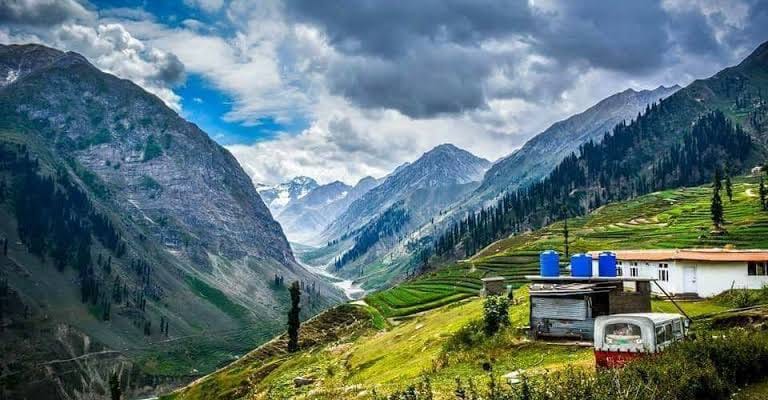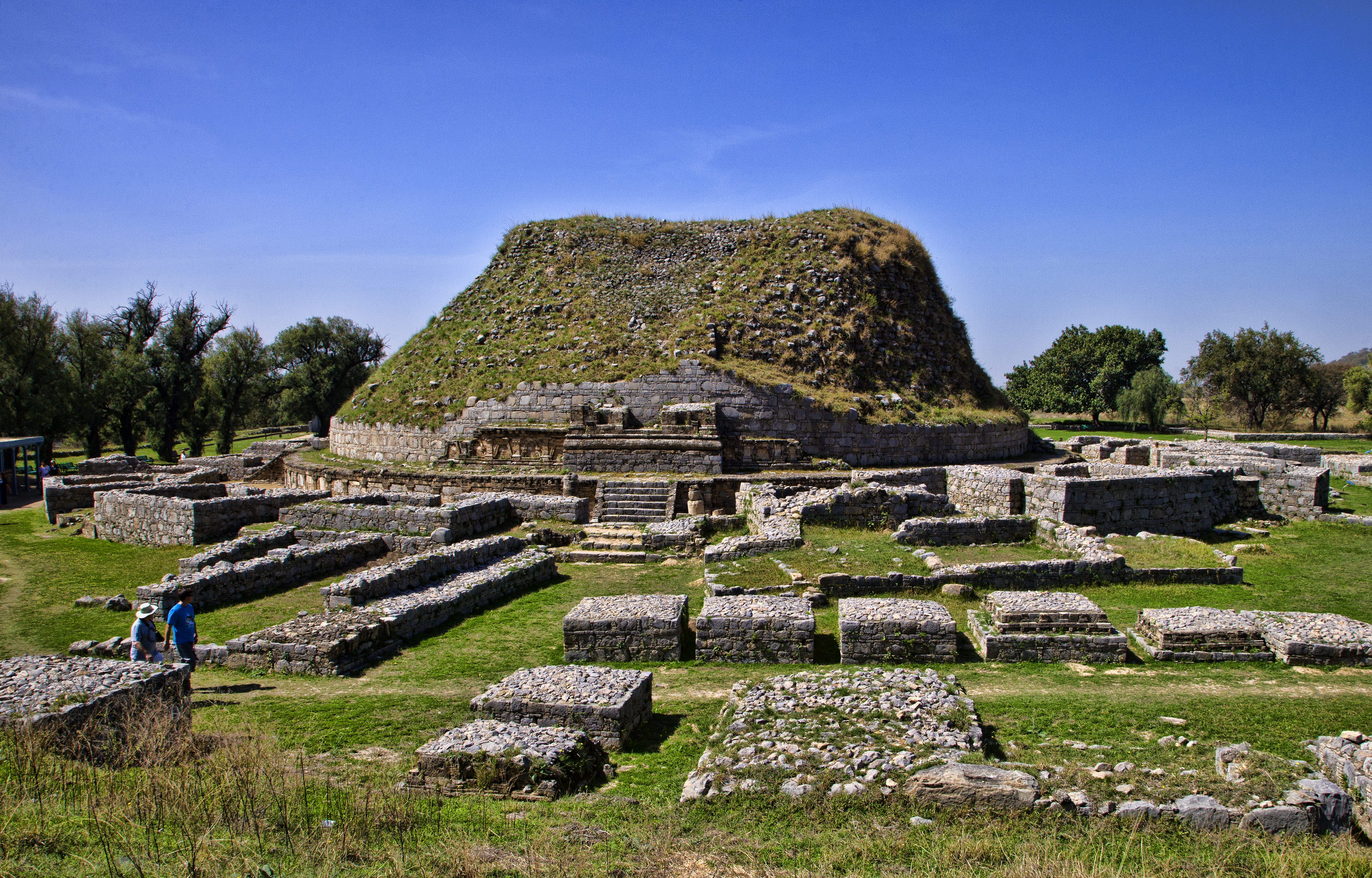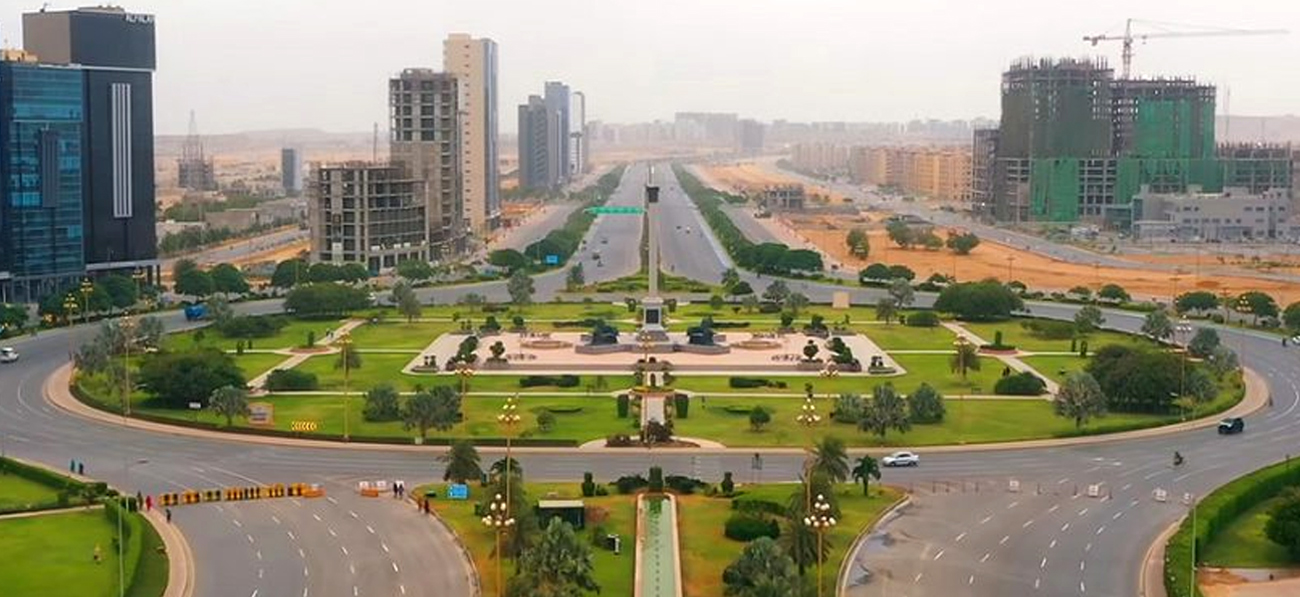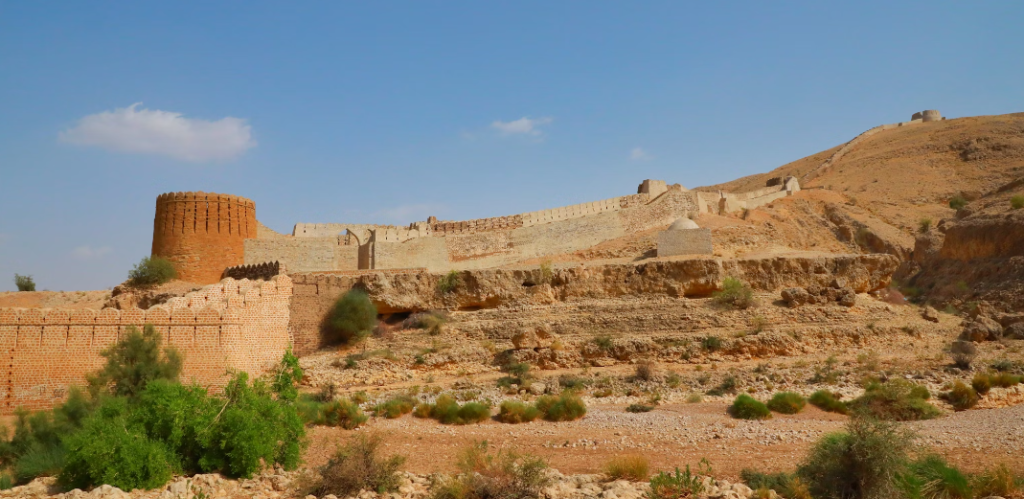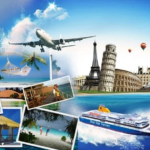In recent years, Pakistan has gained significant recognition as a world-class travel destination. With its unmatched natural beauty, rich cultural history, and diverse geography, the country has welcomed a surge in both domestic and international tourism. From snow-covered peaks in the north to ancient ruins in the south, Pakistan offers something for every traveler. As 2025 unfolds, here are the top tourist places that continue to draw the most visitors across the country.
Northern Pakistan: A Natural Wonderland
Gilgit-Baltistan: Land of Majestic Peaks
Gilgit-Baltistan, located in the far north of Pakistan, remains the top destination for nature lovers, mountaineers, and adventure seekers. This region is home to some of the tallest mountains in the world, along with valleys that look like scenes from a dream.
-
K2 Base Camp: As the base of the world’s second-highest mountain, K2, this site attracts climbers from all over the world. Even those not attempting the summit enjoy trekking through the rugged and dramatic Karakoram landscape.
-
Fairy Meadows: A lush green plateau at the foot of Nanga Parbat, Fairy Meadows offers one of the best views of the killer mountain. Tourists come here for hiking, camping, and photography.
-
Hunza Valley: A symbol of peace and serenity, Hunza is famous for its clear rivers, ancient forts, cherry blossom season, and friendly locals. Altit and Baltit Forts offer a glimpse into the region’s rich history, while Passu Cones provide a picture-perfect backdrop for travelers.
Swat Valley: A Natural Paradise
Nicknamed the “Switzerland of the East,” Swat Valley in Khyber Pakhtunkhwa is famous for its pleasant weather, stunning mountain scenery, and crystal-clear rivers.
-
Malam Jabba: The country’s premier ski resort, Malam Jabba is bustling with tourists during the winter months. With ski slopes, chair lifts, and cozy resorts, it has become a hotspot for winter sports lovers.
-
Mahodand Lake: Nestled between forested hills and snow-covered peaks, this alpine lake is a favorite for boating, fishing, and photography.
-
Kalam Valley: A scenic valley located further north in Swat, Kalam is filled with waterfalls, green meadows, and charming villages. It’s ideal for nature walks and off-road adventures.
Naran and Kaghan Valleys: Picturesque Landscapes
The twin valleys of Naran and Kaghan remain among Pakistan’s most visited destinations. Surrounded by pine forests and alpine lakes, these areas are especially popular in the summer.
-
Lake Saif-ul-Malook: This legendary glacial lake is surrounded by towering mountains and is famous for its folklore. Tourists take jeep rides or hike to reach this enchanting spot.
-
Babusar Top: A high-altitude pass connecting Naran with Chilas, Babusar Top offers panoramic views and is a favorite for travelers seeking breathtaking road trips.
Cultural & Historical Sites
Lahore: Cultural Capital of Pakistan
Lahore is a treasure trove of art, history, and cuisine. It holds deep roots in the Mughal era and is considered the heart of Pakistani culture.
-
Lahore Fort and Shalimar Gardens: These masterpieces of Mughal architecture are key tourist attractions that reflect the grandeur of a bygone era.
-
Badshahi Mosque: One of the world’s largest mosques, this majestic structure remains a symbol of Islamic architecture and attracts thousands of visitors daily.
-
The Walled City: Lahore’s historic core is full of winding streets, vibrant bazaars, and centuries-old buildings. Walking through it feels like traveling back in time.
Islamabad: The Modern Capital
Islamabad, known for its greenery, cleanliness, and modern layout, is also home to important landmarks and serene natural spots.
-
Faisal Mosque: With its unique contemporary design and mountainous backdrop, this mosque is one of the most iconic landmarks in Pakistan.
-
Pakistan Monument: Built to symbolize national unity, the monument sits atop a hill and offers sweeping views of the capital.
-
Lok Virsa Museum: This cultural museum displays traditional arts, crafts, and customs from all over Pakistan, offering insight into the country’s diverse ethnic groups.
Taxila: Ancient Wisdom Preserved
Just a short drive from Islamabad, Taxila is a historical city filled with Buddhist ruins and archaeological wonders.
-
Dharmarajika Stupa: This ancient religious site dates back to the 3rd century BCE and is considered one of the earliest Buddhist monuments in the region.
-
Taxila Museum: The museum houses artifacts from the Gandhara period, including sculptures, tools, and coins that reflect the rich heritage of this area.
Southern Pakistan: Coastal Charms & Heritage Wonders
Karachi: City of Lights
As the largest city and economic hub of Pakistan, Karachi attracts visitors not just for business, but for its blend of modernity and culture.
-
Mohatta Palace: This beautifully preserved structure now serves as a museum, hosting exhibitions and art events.
-
Clifton Beach: A popular place to relax and enjoy the sea breeze. Locals and tourists come here for camel rides, picnics, and street food.
-
Mazar-e-Quaid: The mausoleum of Muhammad Ali Jinnah, the founder of Pakistan, is both a place of national importance and architectural elegance.
Ranikot Fort: A Hidden Giant
Ranikot Fort, located in the Sindh province, is among the world’s largest forts. Often called the “Great Wall of Sindh,” it’s a mysterious and expansive fortress that still intrigues historians.
-
Mohan Gate: The primary entrance to the fort, leading travelers to inner forts and hilly paths.
-
Fort Walls: The long stone walls stretch for miles and are a major attraction for those interested in off-the-beaten-path destinations.
Hingol National Park: Untamed and Majestic
One of the most unique landscapes in Pakistan can be found in Hingol National Park, located in Balochistan. The park features deserts, rock formations, wildlife, and even a sacred temple.
-
Princess of Hope: A naturally shaped rock formation that resembles a graceful woman gazing out over the horizon.
-
Hinglaj Temple: A sacred pilgrimage site for Hindus, nestled deep within the park’s rugged terrain.
-
Makran Coastal Highway: The scenic route to the park offers stunning coastal views and connects Karachi to Gwadar.
Religious Tourism: Places of Spiritual Significance
Nankana Sahib: Spiritual Home of Sikhism
Nankana Sahib, located in Punjab, is the birthplace of Guru Nanak, the founder of Sikhism. It remains one of the most visited religious sites in Pakistan.
-
Gurdwara Janam Asthan: This major shrine draws Sikh pilgrims from across the globe, especially during festivals like Vaisakhi.
-
Cultural Events: Annual religious and cultural events celebrate the teachings and life of Guru Nanak, promoting interfaith harmony.
Sadh Belo: A Sacred Island
Sadh Belo is a spiritual Hindu site located on an island in the Indus River near Sukkur. It remains an important center for worship and religious study.
-
Temple Complex: The site includes multiple temples, lodgings, and libraries, welcoming devotees for daily prayers and festivals.
Why Pakistan Was One of the Top Travel Picks in 2025
2025 has truly been a landmark year for Pakistan’s tourism. With improved infrastructure, enhanced security, and global recognition, Pakistan has drawn the world’s attention. Whether you’re a thrill-seeker, a history explorer, a spiritual traveler, or a nature lover, Pakistan promises memories that last a lifetime.
Conclusion
Pakistan in 2025 continues to redefine itself as a must-visit travel destination. Whether it’s the thrill of trekking in the north, the historical richness of ancient cities, or the peaceful spirituality of religious sites, Pakistan offers an unforgettable experience to every kind of traveler. Its hospitality, cultural diversity, and untouched natural beauty ensure that visitors leave with memories to last a lifetime.



